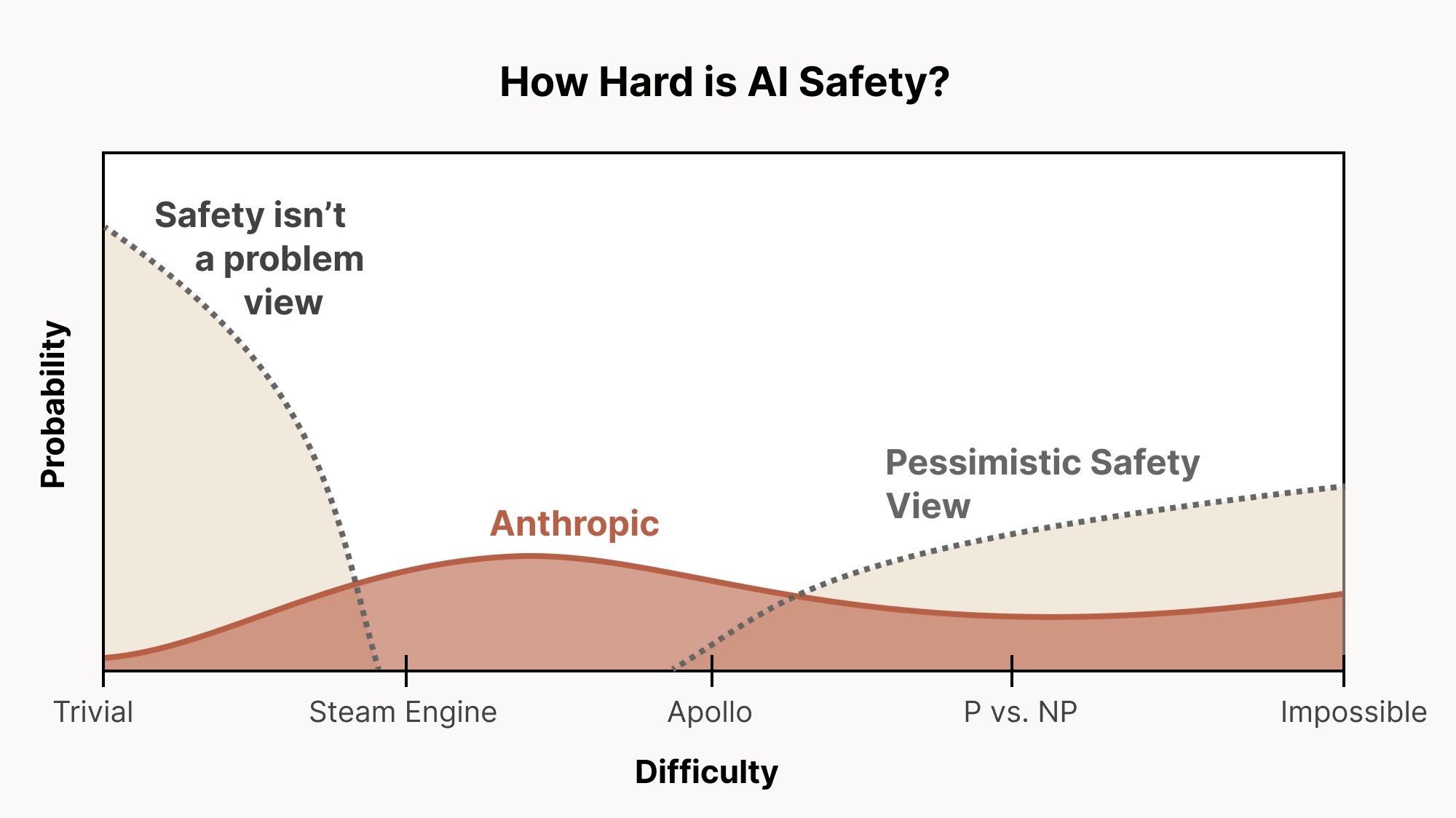As of a few days ago, my website supported comments via Commento. If you click on that link, you will find that the page doesn’t load. Unfortunately, that website was also hosting my website’s comments, so all the comments are gone now, and I have no way to recover them. Some of y’all left some good comments, but future readers will never know what they were.
(I knew Commento was no longer actively supported, but in my foolishness, I thought to myself, well, the comments still work, so I’ll keep using it. Too bad I didn’t back up the comments while I had the chance.)
Commento was my third comment system. Originally I used Disqus, but I didn’t like how it impacted page load times, and I didn’t like how it disrespected my readers’ privacy. So I switched to a janky basic HTML commenting system that required me to manually copy/paste people’s comments into a text file so my website could serve them statically. That system was annoying, so I switched to Commento, which was lightweight, privacy-respecting, and didn’t require manual effort on my part.
Commento is dead. My website now uses Comentario, which is basically the same as Commento except that (1) it still exists and (2) it’s self-hosted, which means even if Comentario stops existing and the website disappears, the comments on my website will still work.
(Commento had an option for self-hosting, but it looked like a lot of work so I didn’t do it.)
(Setting up Comentario self-hosting was a lot of work, confirming my suspicions. It took me about 10 hours, although to be fair, 8 of those 10 hours were spent trying to upgrade my server’s operating system because it was too old to be compatible to Comentario, and also it reached end-of-life in 2021 and probably had a lot of security vulnerabilities, oops. Anyway I hope y’all appreciate all the work I’m doing to prevent Disqus from spying on you.)
Posted on Dec 12, 2025
Notes

